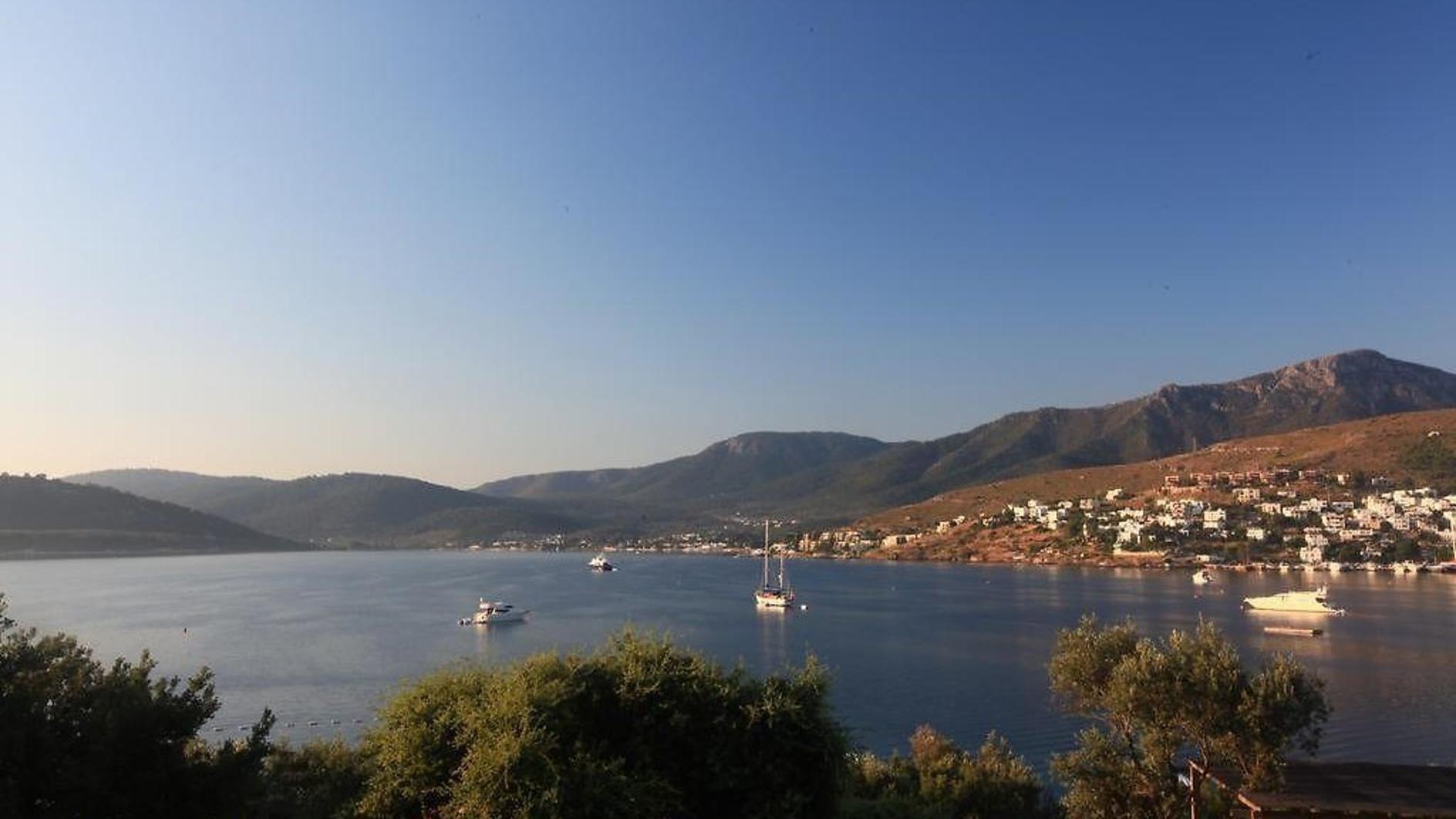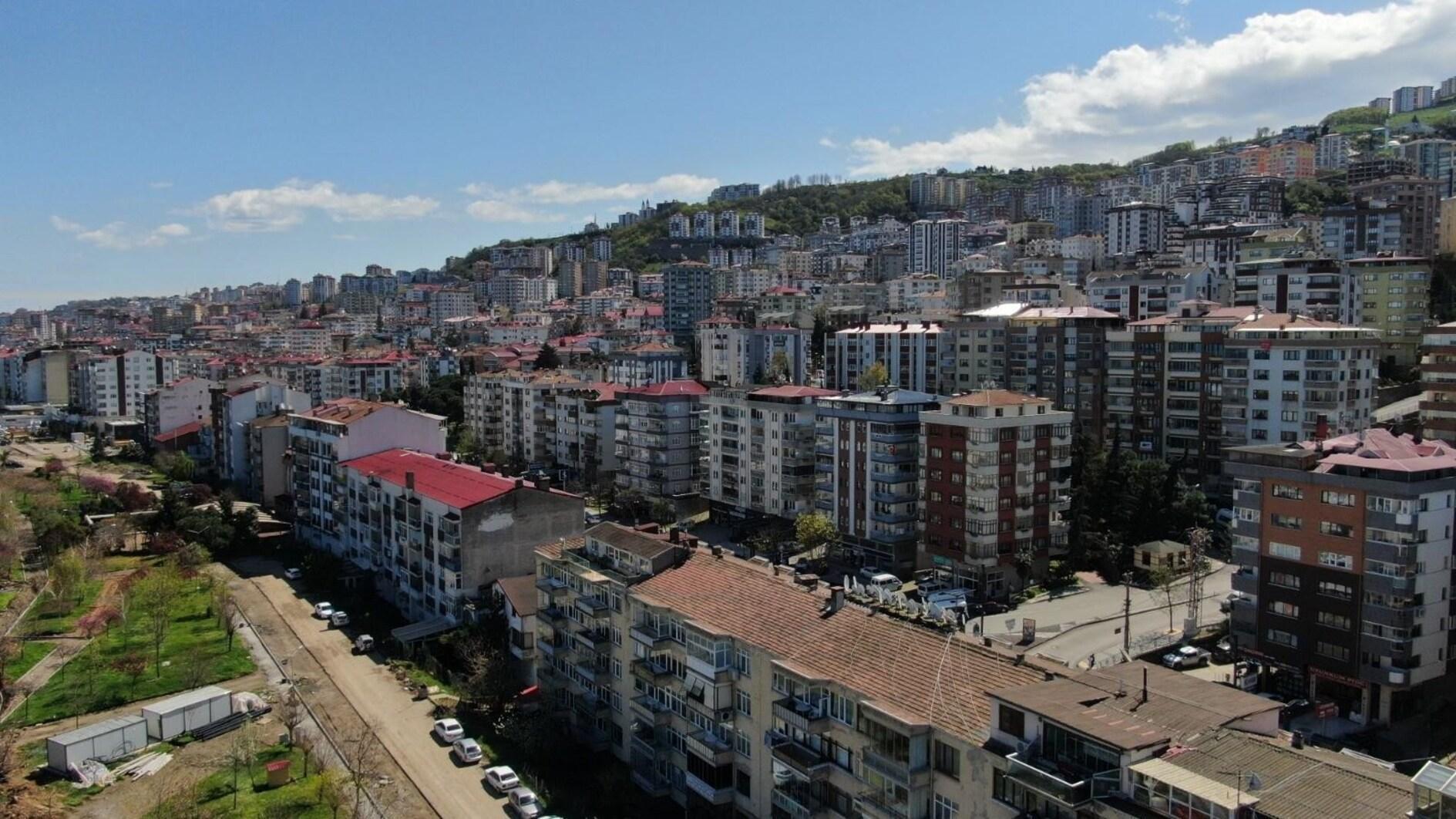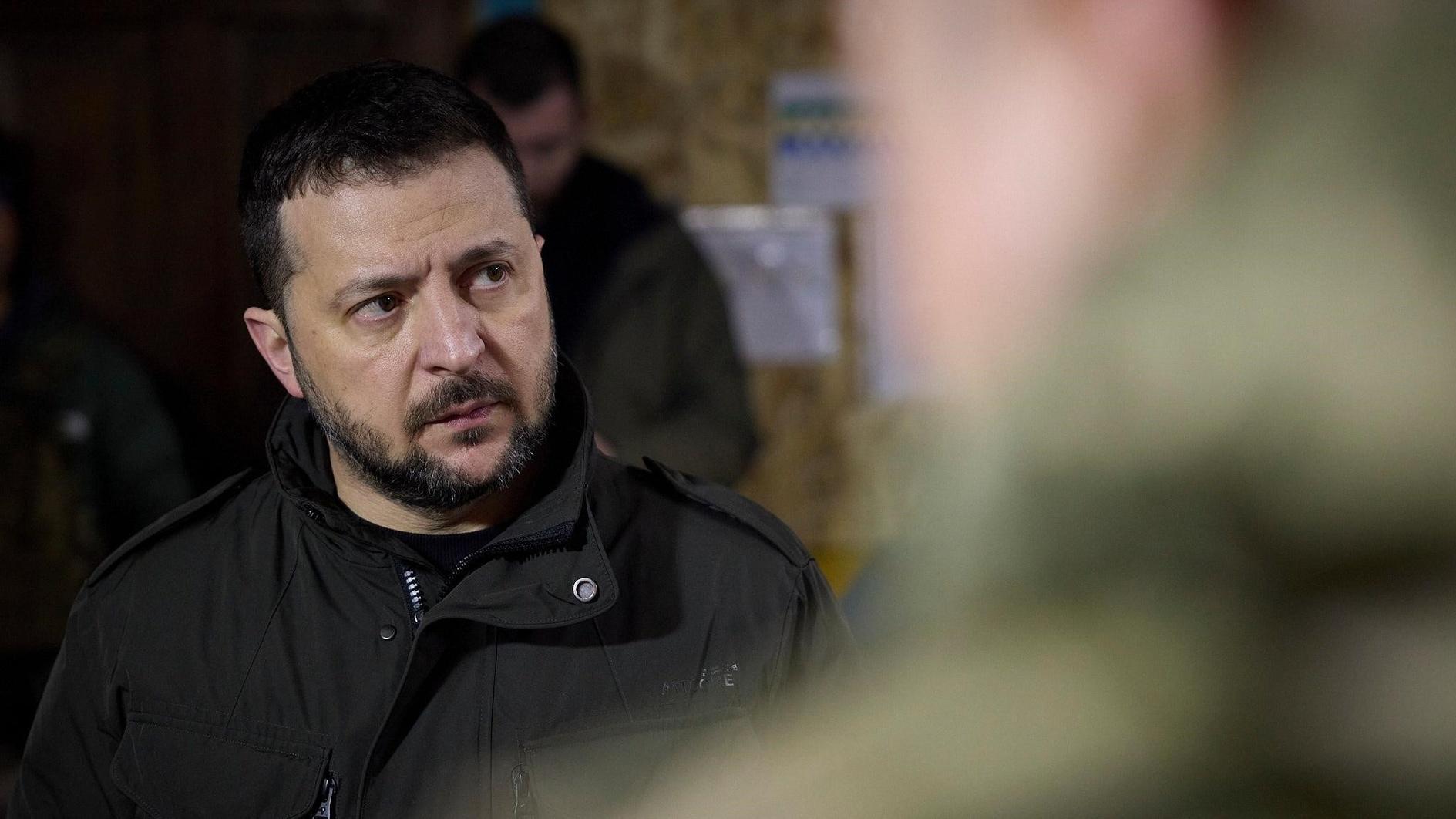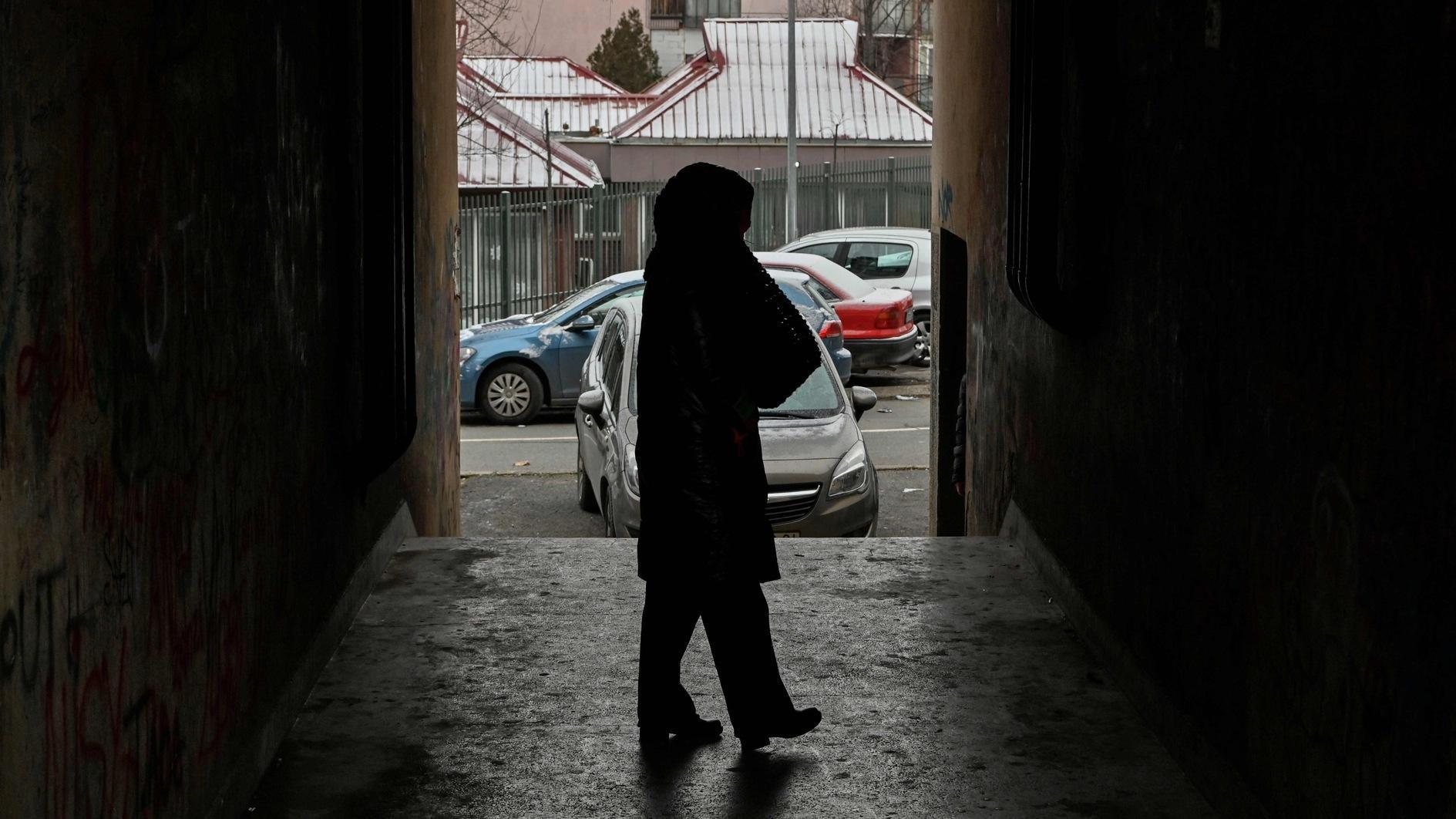The longest year: 2014
Some political years are longer than others and Turkish politics witnesses such a long political year every decade or so. Even the first half of the last century had a few of these long political years. Take 1945, for instance, the year that bore the worst of World War II. For those who lived through it, 1945 must have seemed to stretch endlessly. Or take the year 1960. The events that precipitated the coup d’état of May 27, 1960 must have made every single day seem like a year. The same thing could be said for the year 1971. Then, there is the year 1980 – every single day of which brought a different disaster and for those who lived through it, it lasted an eternity. Any one of the 10 years that made up the 90s, which has since been dubbed “the lost decade,” could have counted for the long political year of the decade. But, truth be told, 1997, the year that brought us the coup, was probably the longest.
At the turn of the millennium, in 2002 for instance, the calendar seemed to move not day by day, but hour by hour. On the one hand was the anxious anticipation of the invasion of Iraq and on the other, an ever-intensifying political and economic crisis that exhausted all hopes. With the elections of Nov. 2, 2002, the Justice and Development Party (AK Party) brought Turkey a single party administration, after many long political years. Since then, Turkey has moved further and further away from the political diseases of the coalition(s) era. That is not to say, this put an end to the phenomena of long years.
2007 was another long political year, the end of which did not come soon enough. The presidential elections of 2007, which customarily took place in May, led the country into total chaos, after the ugly attempt of military and judiciary intervention. This brings us to today, the year of 2014. Like all long political years, the year 2014 did not begin on Jan. 1. Nevertheless, 2014, which politically began at the end of May 2013 with the Taksim events, may end on an optimistic note. It could be said that, unless the date of the upcoming general elections changes, the long political year of 2014 will extend to the month of June in the calendar year 2015. Should that be the case, we would have witnessed the political year of 2014 lasting two calendar years. Understanding just how the political year of 2014 can last two calendar years can help us make sense of the political crises Turkey has experienced recently.
Why did 2014 stand to be a long political year? Ever since the general elections of June 12, 2011, even without knowing how exactly events would unfold, it was not difficult to see that 2014 stood to become a very difficult political long year. Turkey, with its tripartite elections calendar, would soon experience the same undercurrents many countries such America, Russia, China, Iran and France experienced simultaneously in 2012 – local elections in March 2014, presidential elections in August 2014, and general elections in June 2015. The tripartite of elections seems a lot like a flag race. That the outcomes of local, presidential and general elections become so tied to each other is not an ordinary occurrence. This extraordinary turn of events is as much a result of the peculiar characteristics of Turkish politics, as it is a result of Turkey’s transformation under the AK Party administration.










